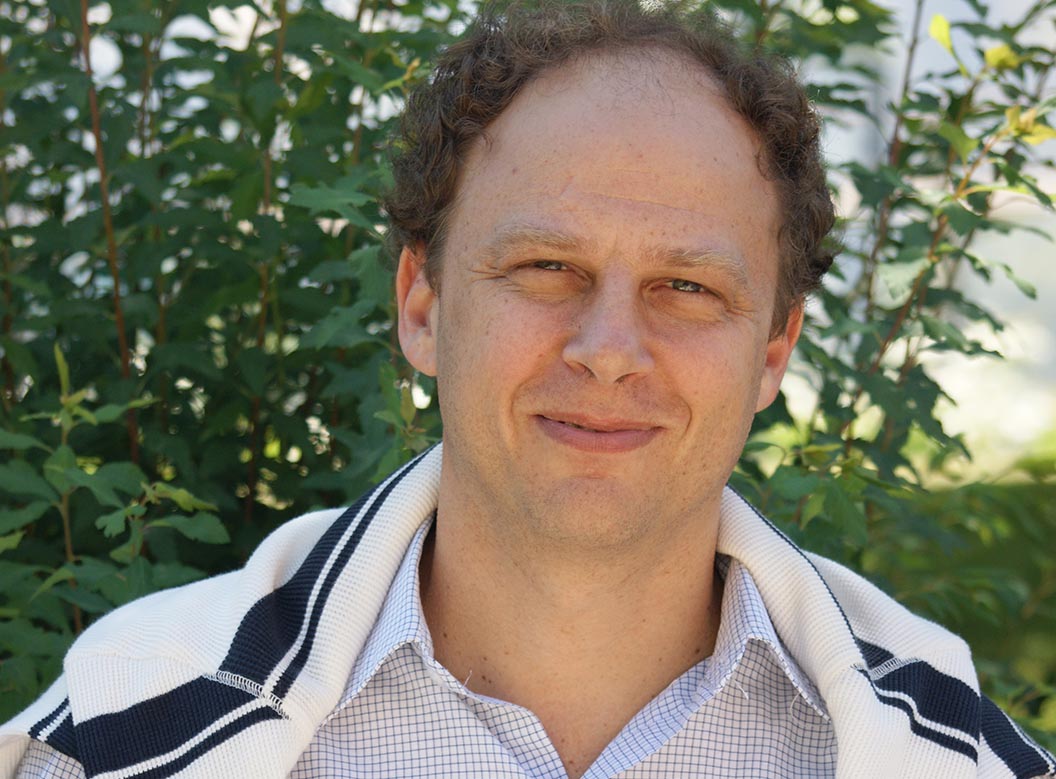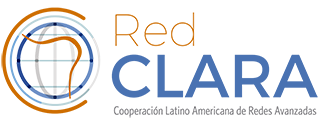(By: Ernesto Chinkes) I believe that traveling this route is today an obligation for all higher education institutions. Luckily, the end of the road is not fixed, and each university will be able to decide where it wants to go, and how and where it should travel.
The digital age has permeated so strongly every board that it spares me the need to go into detail. The emergence of technologies in various spaces and activities is evident, and how it has been reformulating models in society, economic, politics, recreation, human relations, business, and, of course, the way in which knowledge is generated, disseminated and managed.
For centuries universities have been the main references in the knowledge area. The lighthouse that illuminated societies. It is clear that, today, they continue to have a relevant role, but within an ecosystem that is rapidly adding new actors, who contribute from online encyclopaedias, news portals, video platforms, documentaries and movies, to online courses, Blogs, digital books, search engines, virtual assistants, etc. Some of these technology platforms are driven by non-profit organizations or companies that are the ones that generate and disseminate content; in other cases, they only provide the platform with the aim of avoiding intermediaries, and directly connect those who generate and / or disseminate knowledge with those who want to learn it. All of them are designed to maximize the user experience in the digital age, and this implies providing a high-quality service not only in the generation and dissemination of knowledge, but in all administrative and support tasks.
Universities can be passive actors in this phenomenon, where their members are users of tools and dynamics that the ecosystem is enabling and are likely to lose relative importance compared to other actors in the ecosystem. Also, they can be active participants in the construction of this era and take advantage of the benefits that it provides to build an intelligent university.
What do I mean by this? When we refer to an intelligent person, we think of his/hers "abilities", such as understanding and solving problems. Talking about a smart university should also refer to thinking about its "capabilities".
It is the ability to take advantage of resources in the most effective and efficient way possible, to do more with less and generate services with a high-performance user experience. But it is also, and perhaps more importantly, the ability to harness the capacities of each of the members of its university community (students, teachers, researchers, officials, graduates, and the society that relates to it) so that together they generate much more than they could do individually. In other words, the whole is more than the sum of its parts. In this way, universities will be much more than an intermediary between those who have knowledge and those who want to receive it; it will be an area where the generation and dissemination of knowledge is synergistically promoted.
What is the route then? I think it is about providing members of your community with the best tools available for the generation, storage, exchange, and distribution of knowledge, as well as high-quality services to perform and obtain many support functions when transiting the rich and varied university life; and also generating channels that achieve synergies among all its members. In this, the digital age gives us enormous possibilities.
The challenge is enormous, since all this happens in an uncertain, changing, globalized world, extremely complex and full of tensions; and that is why collaboration between institutions is essential to follow the best path. I hope that many universities can share with us, at TICAL 2020, some of their experiences on the digital route that they are undertaking and that this will later enrich their own path. I am sure that will be so.
Ernesto Chinkes
Honorary President of the TICAL Conference. Professor at the University of Buenos Aires (Argentina). Author of national and international books and publications. He works as an international consultant on IT Strategy and Digital Transformation issues for universities. Coordinator for Latin America of Metared (Fundación Universia). Advisor in digital transformation of the Inter-American University Organization (OUI). For 10 years he was the General Coordinator of Information and Communication Technologies at the University of Buenos Aires.







